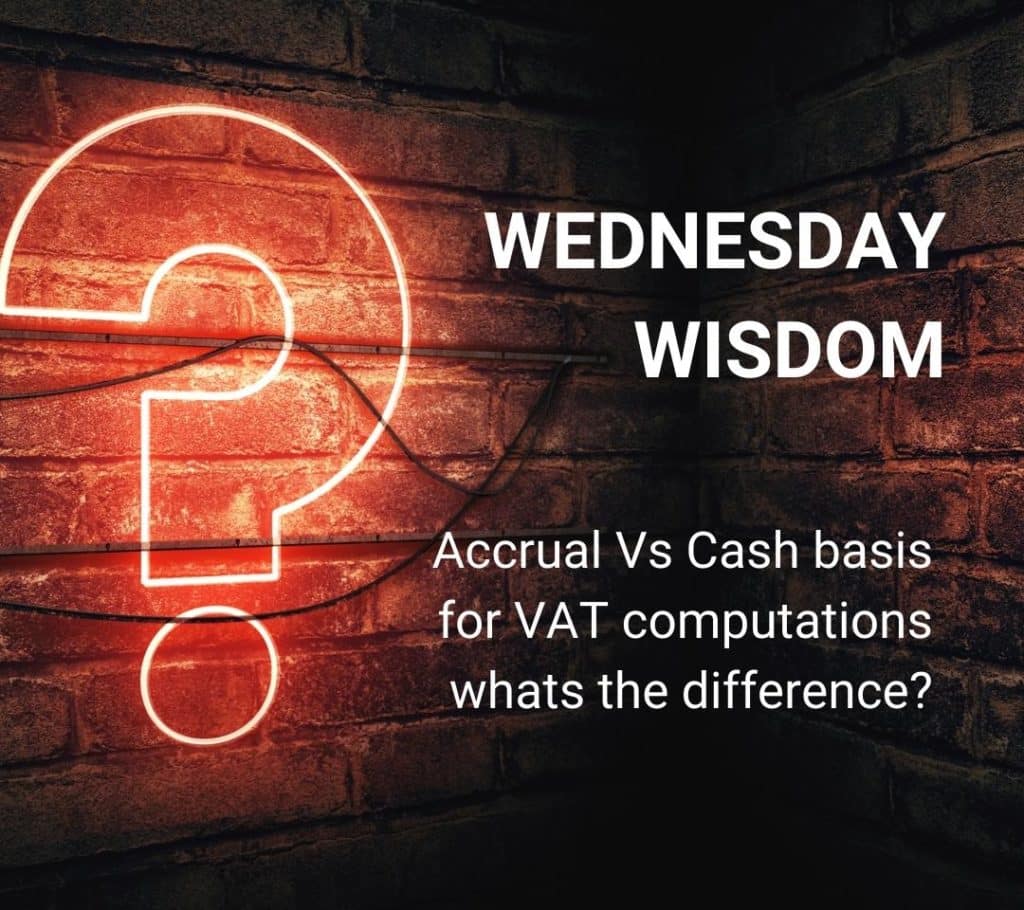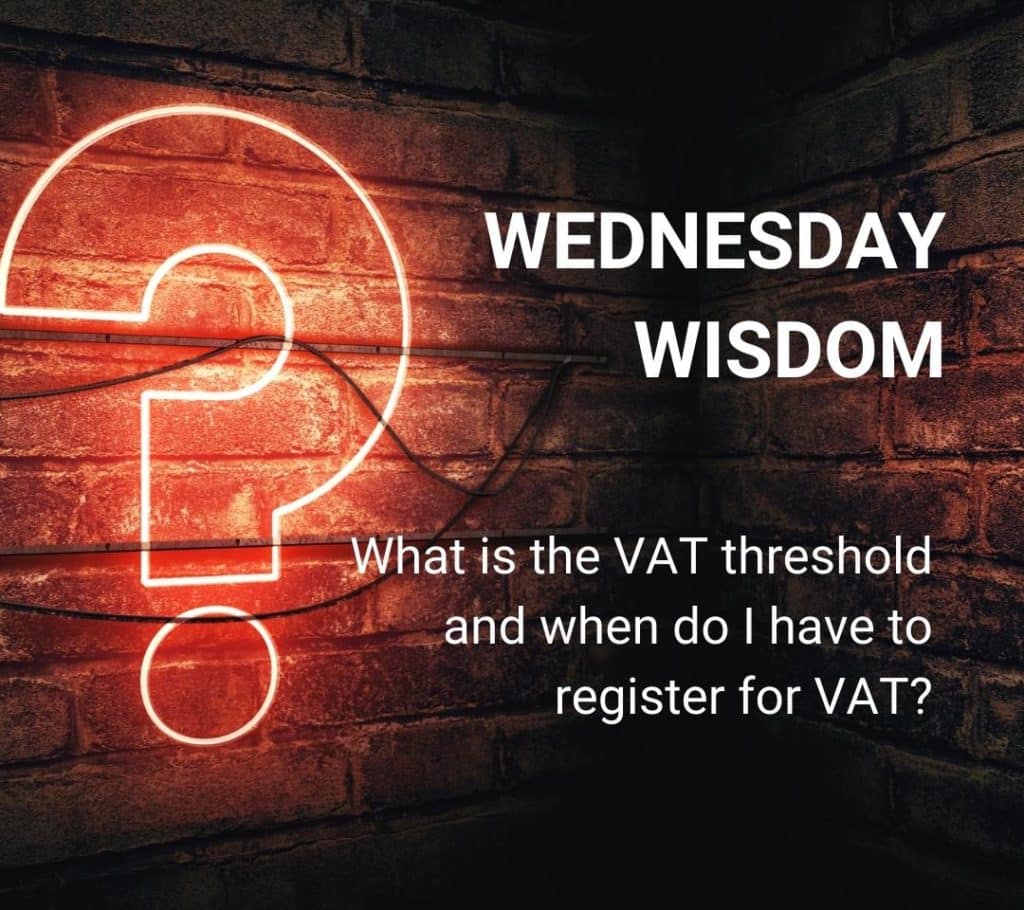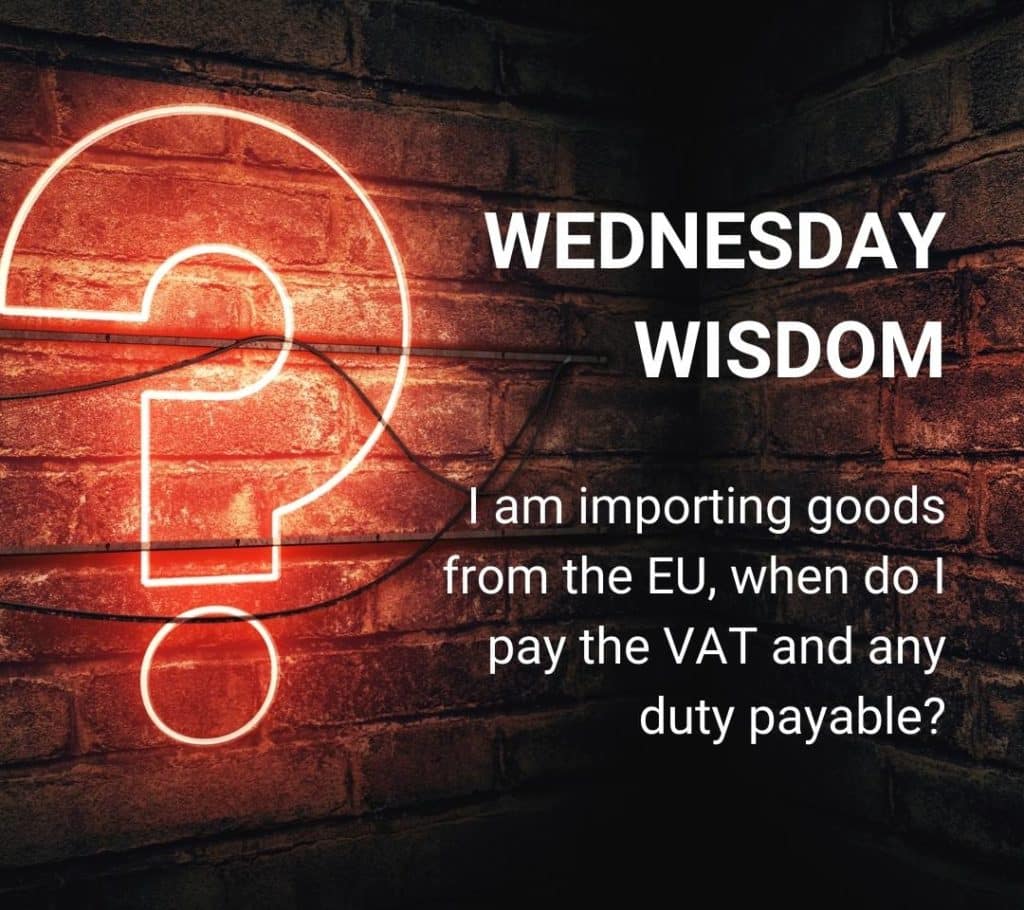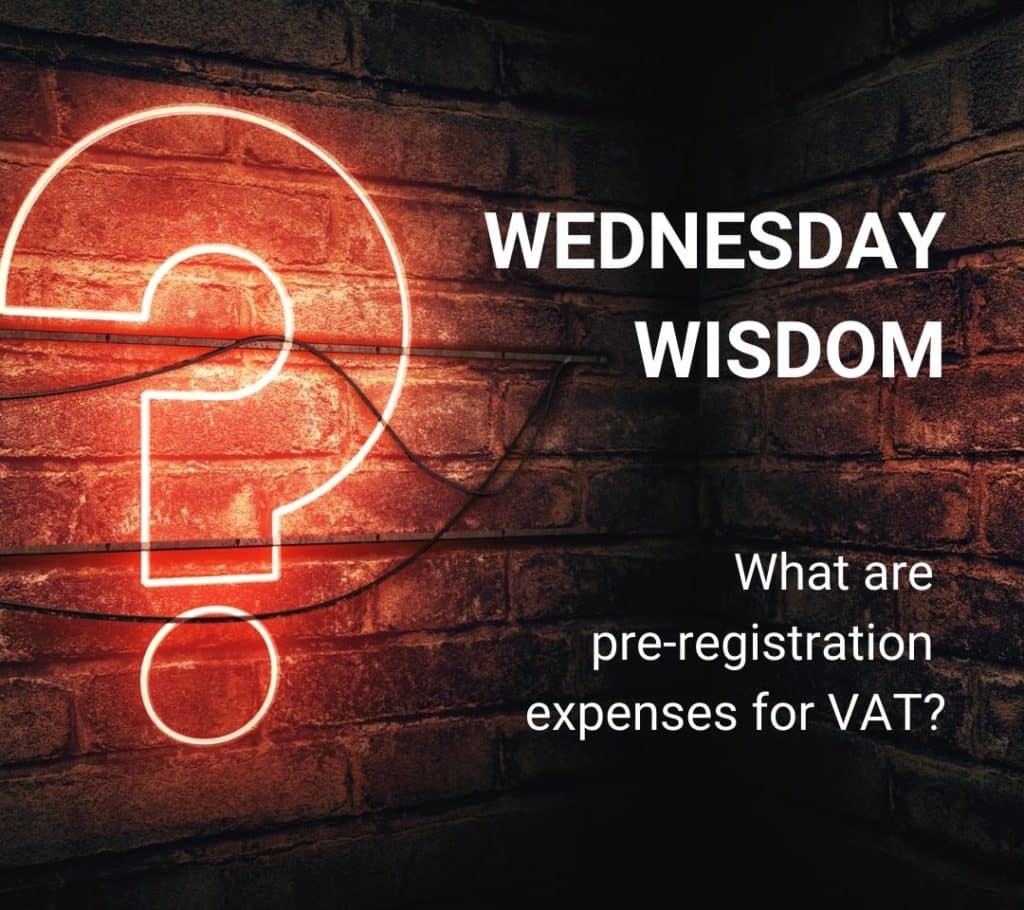When becoming VAT-registered, there are different methods you can adopt for working out your VAT. Each come with their advantages and disadvantages. Two of the most common VAT accounting methods are:
- cash accounting
- accrual accounting.
Cash accounting is a method where income and expenses are recorded only when money is actually received or paid. It is simple, and focused on cash flow.
Accrual accounting is a method where income and expenses are recorded when they are earned or incurred, regardless of when cash is received or paid. This method gives you a more accurate financial picture.
Creative Takeaways
- The two main VAT accounting methods are cash accounting and accrual accounting.
- Cash accounting is simpler and tracks transactions based on actual money received or paid.
- Accrual accounting is more accurate but involves recording transactions when earned or incurred, not just when paid.
- Small businesses usually prefer cash accounting, while larger businesses typically use accrual accounting.
- Cash accounting helps manage cash flow, whereas accrual accounting provides a clearer long-term financial view.
Table of contents
1. What is cash basis accounting?
This method calculates the VAT when your invoices were paid, not when they were raised.
This means that income is recorded when it’s actually received and expenses are recorded in the period they are paid.
From a sales perspective this has the advantages of ensuring that you only pay VAT to HMRC once your client has paid and settled their invoice. Conversely you can only reclaim VAT on purchases when the supplier invoice is paid.
To use this scheme, your business must be registered for VAT and have an estimated VAT taxable annual turnover of less that £1.35 million.
Pros and cons of cash accounting
✅ Advantages of cash accounting for VAT
- Improved cash flow: Businesses only pay VAT to HMRC when they receive payment from customers. This prevents cash shortages caused by unpaid invoices.
- Reduced financial risk: If clients delay payments or default, you won’t have already paid VAT on sales you haven’t received money for.
- Simpler bookkeeping: Cash accounting aligns with bank transactions. It’s easier to track VAT payments without complex accrual calculations.
- Better for small businesses: Ideal for freelancers, sole traders, and small businesses with irregular income, as VAT payments are directly tied to actual cash flow.
❌ Disadvantages of cash accounting for VAT
- Delayed VAT reclaims: You can only reclaim VAT on purchases after you’ve fully paid for them, which may slow down cash recovery for businesses with large expenses.
- Not suitable for large businesses: Only businesses with a turnover under £1.35 million can use cash accounting.
- Potential for confusion: If a business grows and switches to accrual accounting later, adjusting to a new VAT system can be complex.
- May not suit businesses with upfront payments: Companies that receive most of their income upfront (e.g., online retailers) may not benefit as much, since they would still need to pay VAT on received payments immediately.
Example of cash accounting
Emma is a freelance graphic designer who works with multiple clients.
In March, she completes a £2,000 design project for a client and sends them an invoice, but the client doesn’t pay until April. Under cash basis accounting, Emma doesn’t record the £2,000 as income in March.
She only records it in April when the money actually reaches her bank account.
Still in March, Emma purchases a new laptop for £1,500 but pays for it using a credit card. Since she hasn’t physically paid the money yet, she won’t record the expense until she makes the actual payment.
Let’s look at the numbers for these cases:
| Transaction | Date of invoice/purchase | Date of payment | When recorded (cash basis accounting) |
|---|---|---|---|
| Client Invoice (£2,000) | 10th March | 5th April | April (when payment is received) |
| Laptop Purchase (£1,500) | 15th March | 20th April | April (when payment is made) |
2. What is accrual accounting?
Unlike cash accounting, with accrual accounting you must calculate the VAT on the basis of when the invoice was received or issued.
Accrual accounting therefore is not concerned with when payments were received or made. This scheme is therefore based on the date an invoice is issued, regardless of whether the invoice has been paid or not.
We have a dedicated article on accrual, so make sure to check that out!
| Creative Tip The best MTD software make it easy to switch between accrual and cash accounting – feel free to check them out on our blog! |
Pros and cons of accrual accounting
✅ Advantages of accrual accounting
- Accurate financial picture: Provides a true reflection of income and expenses, giving businesses a better understanding of profitability.
- Improved financial planning: Helps businesses track revenue and expenses in the correct periods.
- Compliance with accounting standards: Required for businesses above a certain size and those following Generally Accepted Accounting Principles (GAAP) or IFRS.
- Better for scaling businesses: Ideal for growing businesses, investors, and lenders, as it presents a more stable financial position.
- Matches revenue with expenses: Ensures that income and the costs associated with earning that income are recorded in the same period.
❌ Disadvantages of accrual accounting
- More complex record-keeping: Requires tracking accounts payable and receivable. This makes bookkeeping time-consuming.
- Potential cash flow issues: A business may appear profitable on paper but struggle with cash flow if payments are delayed.
- Tax liability on unpaid invoices: Businesses must pay tax on earned revenue, even if clients haven’t paid yet.
- Requires accounting expertise: Businesses often need accounting software or a professional accountant to ensure proper reporting.
- Not always suitable for small businesses: For freelancers or sole traders with simple cash transactions, accrual accounting may be unnecessary.
Example of accrual accounting
Mark owns a small video production company. In March, he completes a £5,000 project for a client and sends them an invoice, but the client won’t pay until May.
Since Mark uses accrual accounting, he records the £5,000 as income in March when the work is completed, not in May when the payment arrives.
He also purchases a new camera in March for £2,000 on credit and agrees to pay in April. Even though the payment hasn’t been made yet, he still records the expense in March, when the cost was incurred.
| Transaction | Date of invoice/purchase | Date of payment | When recorded (accrual accounting) |
|---|---|---|---|
| Client Invoice (£5,000) | 20th March | 15th May | March (when service is completed) |
| Camera Purchase (£2,000) | 25th March | 10th April | March (when expense is incurred) |
3. How to choose the right method: cash vs accrual accounting
What’s better for you: cash vs accrual accounting?
And how do you decide?

This decision can have a major impact on your business’s financial management. Based on your decision, your tax obligations and cash flow will be different.
Let’s break down which method suits which business type, what are the key legal considerations, so you can make an easier decision.
Who should use cash-basis accounting method
The cash basis accounting is ideal for businesses that priorities simplicity and real-time cash flow tracking:
- Freelancers and sole traders – If you work on a project-by-project basis and get paid irregularly, cash accounting ensures you only pay tax on money received.
- Small businesses and micro-enterprises – If you have low overheads and simple transactions, cash basis reduces administrative burden.
- Businesses with no inventory – If you provide services rather than sell goods, cash basis is a hassle-free option.
- Self-employed individuals with irregular income – If your income fluctuates, this method can help smooth tax payments by only recognising taxable income when received.
Who should use accrual basis accounting method
Accrual accounting is better for businesses looking for financial accuracy, growth, and investment opportunities.
- Limited companies and VAT-registered businesses – If your turnover exceeds £1.35 million, you must use accrual accounting under HMRC rules!
- Businesses with inventory – If you buy and sell products, you need an accurate way to track stock costs and sales.
- Companies with long payment terms – If you invoice clients and allow extended payment deadlines, accrual accounting helps track earned but unpaid revenue.
- Businesses seeking investment or loans – If you plan to attract investors or apply for business loans, banks and investors prefer accrual-based financial statements for a more realistic view of financial health.
Investors usually prefer accrual accounting, because it gives them a clear picture of your business.
4. Cash vs accrual accounting: let us help you!
Not sure if you should use cash basis accounting or switch to the accrual system?
Our team can help you in this process and we can integrate everything with the right accounting software for your business.
Get in touch today for expert guidance!




